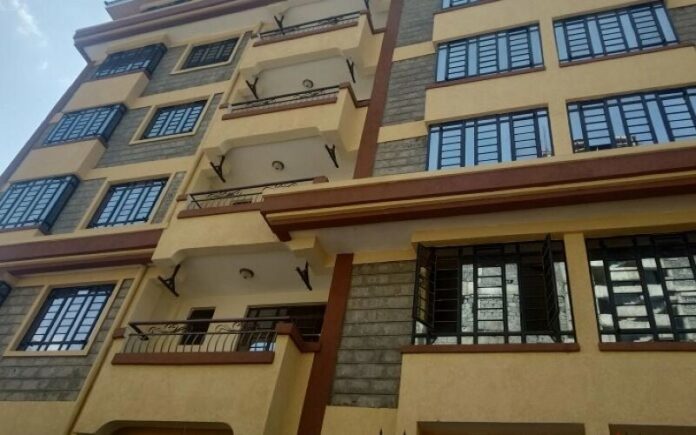Real Estate Bubble in Kenya: Over the recent few months, the real estate sector in Kenya has been taking a heavy beating. Landlords have been slashing rent in a bid to retain tenants. In extreme cases, some landlords have resulted to offering free spaces for specified duration in order to attract tenants.
For example, a few months ago, the Rosslyn Riviera Mall offered free space for a period of up to six months. The businesses that would set up at the mall were also offered 50 per cent discounts on rent at the end of the six month rent free offer. This was barely a year after the mall was opened. The Sh. 2.7 billion three-level shopping mall was launched in early 2017. Ahead of its launch, the developers were expected to add 116,000 square feet of retail space in the market targeted at shops, restaurants, and entertainment and wellness outlets.
The owners were targeting the residents of Rosslyn, Muthaiga, Runda, Nyali, Gigiri, and Rwaka. “We believe that Rosslyn Riviera will be a successful neighbourhood mall because of its location, size, concept, convenience, accessibility and target market,” Knight Frank’s head of marketing Mwihoti M’Mbijjewe said then.
Now that the country is in a semi lock down, with the possibility of a total lock down, after the confirmation coronavirus cases, things are not about to get better for Kenyan landlords. There is little, if any money circulating in the economy. The rate of joblessness has continued to spike, with employers sending employees home in a bid to survive.
At the same time, newly built houses are facing an uphill task in attracting new customers. On one hand, this has been attributed to the high prices that developers set on buildings, which most customers feel do not reflect value.
How Sh. 15,000 debt turned Raymond Cheruiyot into a multi-millionaire
The House Price Index released by property consultancy firm HassConsult Ltd showed that home prices in satellite towns declined by 50 basis points last year. This is the first-ever drop since the survey was launched in 2008.
The decline was attributed to the challenging economic environment witnessed during the period. The tough economic environment was majorly driven by massive job losses and company shutdowns.
According to HassConsult’s head of development consulting Sakina Hassanali, landlords are becoming less demanding, especially in areas where there is an oversupply of similar units.
Cytonn analysts and Knight Frank Kenya’s first-half market update released in September last year both attributed the gloomy performance in the commercial sector to an oversupply of retail space, which has been seen as fueling a real estate bubble in Kenya.
How Tabitha Karanja built multi billion Keroche empire from Sh. 100,000
“The increased development of malls did not make matters easier as it heightened competition, especially for the low-end markets. A market update by Knight Frank Kenya showed that prime residential prices fell by 1.8 percent over the same period, increasing the decline to 6.7 percent in the period to June last year,” said a report that appeared in a local daily.
The market update by Knight Frank also showed that these factors transformed the market in favour of buyers and tenants, a perception that was then heightened by multinationals continuing to downsize their investment while there were fewer expatriates relocating to the country.
According to Cytonn, the oversupply of retail space mostly hit the Nairobi metropolitan area, exhibited by the cropping up of malls and low occupancy rates, and in turn lower rental yields.
“The outlook for the sector is neutral and we are likely to witness reduced development activity in Nairobi, with developers shifting to county headquarters in some markets such as Kiambu and Mt Kenya regions,” said Cytonn’s Wacu Mbugua.








